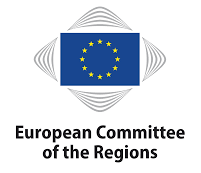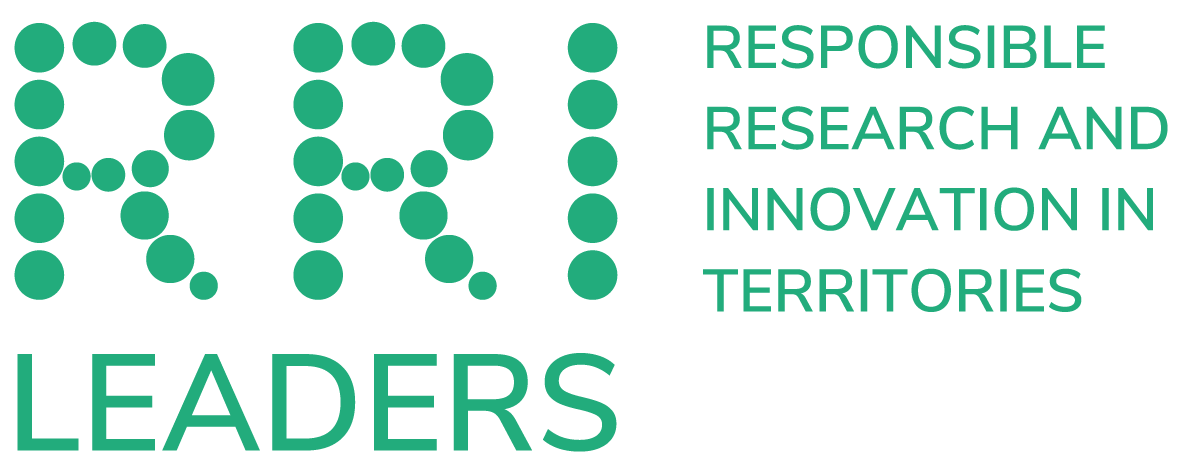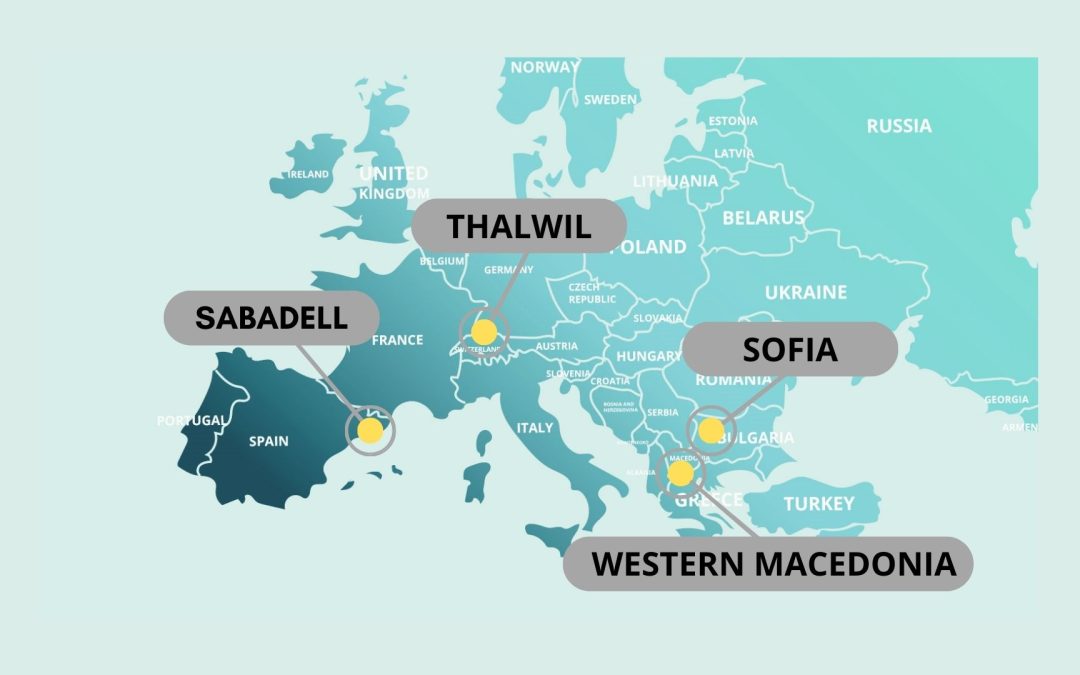TERRITORIES AS LEADERS IN RESPONSIBLE RESEARCH AND INNOVATION
19th October 2023
European Committee of the Regions
Full Conference video (courtesy of the European Committee of the Regions)
Nowadays megatrends, such as climate and demographic change, accelerated dual digital and energy transition, urbanisation, to mention some, pose huge challenges to European cities and regions. They need to find a proper balance between sustaining economic growth and transition to a low-carbon/climate neutral economy, while at the same time ensuring social inclusion and preserving social cohesion.
Why focus on territories?
Territories, i.e. to say – cities and regions, and local and regional authorities respectively, are the critical link between policies at the EU and national levels and citizens, who are the main beneficiary but also the main actor in making the foreseen transitions work.
Territories have a specific advantage to address the complexity of challenges set by the interplay between science and society. Indeed, local stakeholders have an intimate knowledge of the physical territorial setting and local ecology, i.e. of the complex relationships between cultural, social, economic, and political actors, of the local dynamics, history, expectations, and requirements, as well as of specific concerns.
Why RRI?
The European Commission has been supporting the Responsible Research and Innovation (RRI) approach since 2011. RRI aims to encourage societal actors to work together during the whole research and innovation (R&I) cycle to align R&I and their outcomes with the values, needs, and expectations of society.
RRI and the territories
Within the 2018-2020 period, under Horizon 2020, DG Research and Innovation of the European Commission placed a strong focus on supporting the application of Responsible Research and Innovation approach in territories. Following three consecutive calls for proposals, a rich portfolio of projects was supported by Horizon 2020. These projects aimed at integrating the RRI approach in regional policymaking, such as spatial planning, land-use, and coastal planning, urban development activities, energy transition, healthy ageing, smart specialisation, to mention just a few policy areas. An important aspect of these projects was close collaboration with the territorial Quadruple Helix Stakeholders, and particularly mobilisation of citizens, irrespective of their age, gender, ethnicity, and socioeconomic background.
***
RRI-LEADERS Policy Conference brought together diverse participants from across Europe: project partners in ongoing or recently completed RRI-focused projects – RRI-LEADERS, RIPEET, WBC-INCO.NET, TetRRIS, ENTRANCES, stakeholders from the city of Sofia (Bulgaria), the region of Western Macedonia (Greece), the municipality of Thalwil (Switzerland), the city of Sabadell (Catalonia, Spain), RRI policy supporters, regional development agencies, business and industry associations, decision-makers in STI at different levels of governance (local, regional, national), as well as representatives of the Research Executive Agency of the European Commission, DG Research and Innovation, the Committee of the Regions (list not exhaustive).
With the support of:


